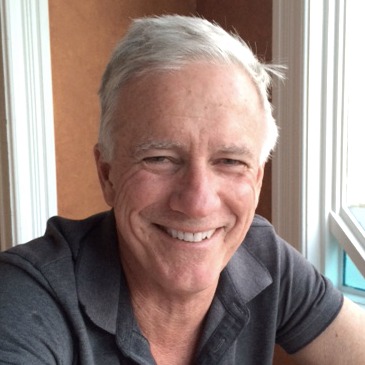No doubt many, if not most, of you are familiar with George Santayana's admonition that "those who do not remember the past are condemned to repeat it." In fact there should be a corollary stating that those who read enough political commentary are doomed to seeing references to this quote for the rest of their lives.
It's tempting to take these oft-cited words and invert them into the proposition that knowing history would enable people to avoid making the same mistakes again. But I'm afraid it doesn't work that way. History casts a long shadow.
But how should we think about history, particularly in a year as potentially momentous as this one?
In this election year some appear to have decided that since history is the record of everything that has already happened it can be rewound like a TV show or movie you've recorded: just rewind until you get back to what you thought were the good parts.
For others history appears more frightening. Its ability to replicate, from generation to generation, the same resentments and conflicts suggests that it has its own genetic structure. But now we have entered an era in which we have spliced in new factors such as instantaneous global communication and the ready availability of brutally efficient weaponry. History has, from this perspective, become a genetically modified organism. But just as the introduction of GMOs into our food supply has created what some call Frankenfoods, these changes mean that we are living in Frankentimes, an even more unsettling prospect.
